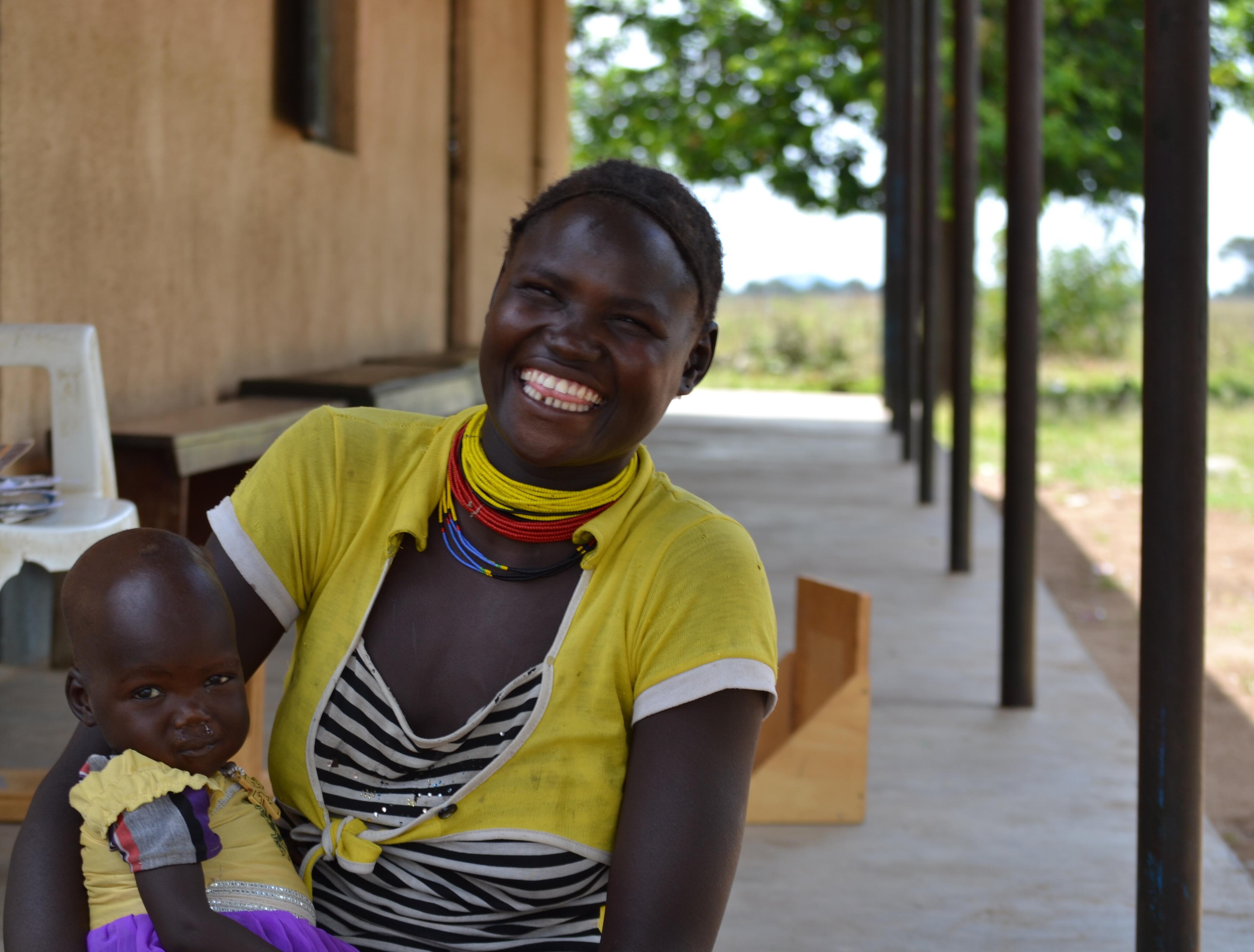Every day in Uganda about 12 women die from preventable causes related to pregnancy and childbirth, according to an analysis of data from the Uganda Demographic and Health Survey by the Uganda Bureau of Statistics.
Underlying the direct causes of maternal deaths are the three delays, barriers that pregnant women and girls face in receiving timely and effective maternal health care during pregnancy and childbirth.
According to the World Health Organisation, these include delays in making a decision to seek care, delays in reaching a health facility and delays in receiving health care. For many women, financial constraints play a part in delays to decide to seek care and delays in getting to health facilities.
But what if women could overcome financial barriers that stand in their way of accessing maternal health care?
This is the question that UNFPA Uganda’s Innovation team is seeking to answer through the Rich Baby, Healthy Family project. The project was among nine presented at the week-long Innovation Virtual Boot camp organized in June 2020 by UNFPA and WFP to create bold solutions for ending preventable maternal deaths.

Rich Baby, Healthy Family is an innovative financing model that combines behavioural insights and gamification —the incorporation of game elements, like point and reward systems, to tasks as incentives for people to participate— to encourage pregnant women and their partners to save money for transport and other costs during pregnancy.
The model was developed in partnership with ClinicPesa, a healthcare financing startup.
UNFPA Uganda Representative Mr. Alain Sibenaler noted that the development of Rich Baby, Healthy Family is one of the ways that UNFPA Uganda is demonstrating commitment to help solve maternal health challenges in Uganda.
“Team Uganda identified a problem; mothers dying because they are not getting to health facilities on time due to lack of transport and other requirements,” said They have now proposed a solution which we hope will enable us support women and their partners on their journey to a healthy pregnancy and safe delivery,” he said.
Rich Baby, Healthy Family uses both a smart phone-based app and a physical device in the form of a coin to promote saving.
Users will be enrolled on the Rich Baby, Healthy Family scheme when they visit a registered health facility for antenatal care or they can register through the Mobile Money platform. As users add money to their account they can watch their savings “grow” through an animation in the form of a pregnant woman’s belly.
For users that do not own a smartphone, they will make a mark on their coin punch card to track their progress each time they make a deposit to their mobile money savings account.
The users will also receive regular reminders to save so that they can reach their goal.
Once the goal is reached, money will be transferred from their savings account to the health facility to cover the costs of receiving maternal healthcare.
At the virtual boot camp, the UNFPA Uganda team refined their idea in preparation for scale up in 2020.
Next up for the team is a six-month design sprint, during which they will have access to seed funding, technical assistance, and mentorship from UNFPA Innovation Fund and the World Food Programme’s Innovation Accelerator to bring their solution to life.
By the end of the design sprint, the UNFPA Uganda team hopes to reach 1,000,000 mothers and their partners in central Uganda through the Rich Baby, Healthy Family scheme.
By Lisa Hartwig and Martha Songa



